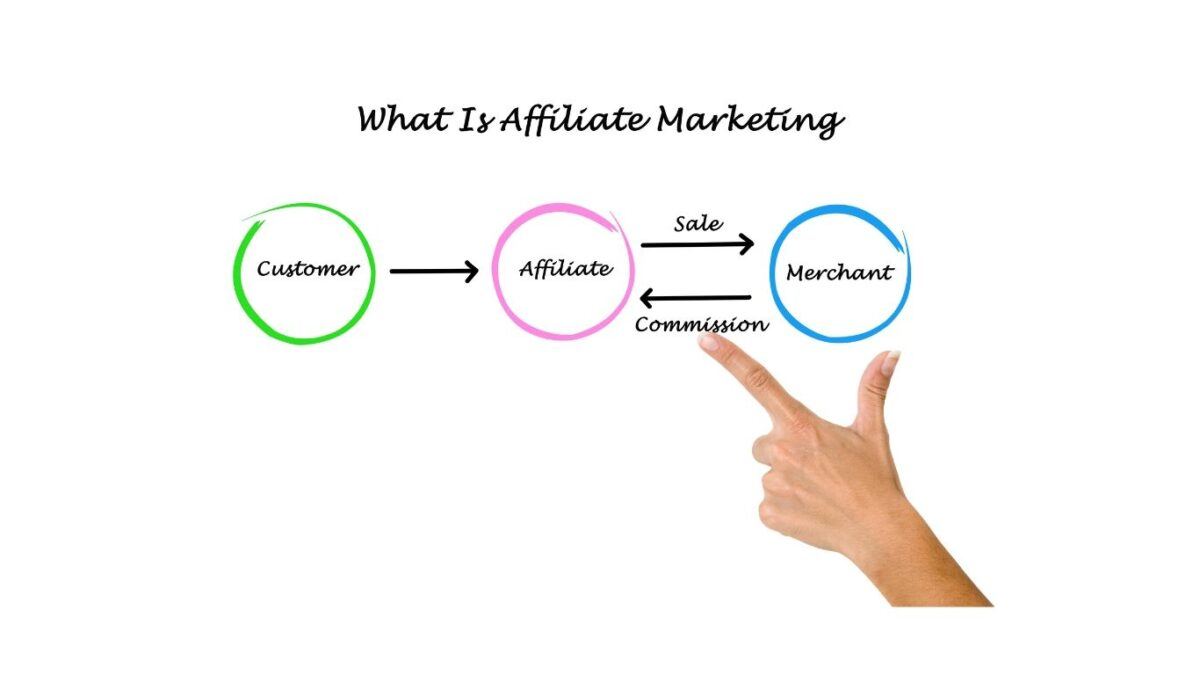Affiliate marketing and SEO—they might seem like two different worlds, but they’re more like siblings than strangers. Both strive towards the same goal: increasing visibility and driving traffic that converts. For anyone wading into the affiliate marketing realm, understanding how SEO plays a pivotal role is crucial. You see, when done right, SEO doesn’t just bring visitors—it brings potential buyers.
The thing about SEO for affiliate marketing is that it’s a bit like a balancing act. You’ve got the traditional SEO elements like keywords, backlinks, and site structure. But then, there’s a twist—aligning all these tactics with your affiliate goals. It’s about digging into what makes your audience tick, knowing precisely which of their needs your product can solve, and crafting content that pulls them in.
When we’re talking about driving sales and raking in revenue, SEO is your best friend. Sure, paid ads work wonders for quick wins, but SEO is the slow and steady racehorse. It brings in organic, sustained interest from visitors who are genuinely on a hunt for what you’re offering, leading to better conversion rates in the long run.
– Turn your own Hobby/Niche website into revenue.
– Monetize content based on your interests and goals.
– Also monetize Social Media and YouTube.
– Step by step training, tools and support. Everything you need for success.
– Your own AI powered website.
– Try it FREE to see if the program is right for you. No credit card needed.
User intent—that’s the gold nugget in all this. Imagine typing a question into a search bar—what you type in reflects your journey as a buyer. Whether you’re researching, comparing, or ready to buy, your search query changes, and that’s precisely what affiliate marketers tap into. Understanding every twist and turn of the buyer’s journey allows marketers to tailor their SEO strategies to match these moments.
Keyword Research: The Foundation of Successful Affiliate Marketing
Keywords are the bread and butter of any successful SEO strategy, especially in affiliate marketing. To really nail your affiliate objectives, you’ll need to get into the mindset of your potential customers. What are they searching for, and what words are they using to do it? The answers to these questions form the backbone of your keyword strategy.
In affiliate marketing, it’s not just about going for the obvious high-volume keywords. Those are a tough nut to crack due to their high competition. Instead, look towards long-tail keywords. These phrases might get less traffic, but they’re often more specific and attract visitors who are closer to making a purchase.
There are some powerful tools out there that can help you find just the right keywords for your content. Tools like Google’s Keyword Planner, SEMrush, or Ahrefs aren’t just for the big players; they’ve got nuggets of data that can guide you in picking terms that align with user intent and your affiliate goals.
Creating a strategy around your keywords means going beyond simple list-making. It’s about stitching those words into your content in a way that feels natural, not forced. And remember, search engines are all about the user experience. So, if your content speaks directly to a user’s needs, you’re halfway there!
Crafting High-Quality, People-First Content
Creating content that resonates is about putting people before search engines. In affiliate marketing, quality content builds trust, drives engagement, and nudges readers to take action—like clicking on your affiliate links.
Learn How To Create Great Content.
E-E-A-T, which stands for Experience, Expertise, Authoritativeness, and Trustworthiness, isn’t just a catchy acronym. It’s the backbone of what makes content authoritative and trustable to both users and search engines. Craft content that showcases deep understanding and genuine insights about the products you’re promoting.
Striking that right balance between being informative and promotional is key. You don’t want to bombard readers with sales pitches. Instead, educate them about how a product can solve their problems and improve their lives. That’s the kind of content that sticks.
There are common traps affiliate marketers often fall into—like rehashing the manufacturer’s product descriptions or overwhelming readers with jargon. Steer clear from these by keeping your content simple, engaging, and relatable.
Learning from the best can be helpful. Look at successful case studies of affiliate content that have hit the mark. These examples can offer inspiration on crafting content that not only attracts but also converts.
Building Authoritative Links and Optimizing Technical SEO
Getting those valuable backlinks isn’t just about boosting SEO; it’s about establishing your site as a trusted resource. When other reputable sites link to yours, search engines interpret this as a vote of confidence, which can help elevate your site’s visibility and search rankings.
Optimizing the technical side of your SEO is like tuning up a car for peak performance. A well-structured site with fast loading times makes all the difference in keeping visitors on your page. Look at it this way: nobody wants to wait for a slow site when they’re ready to make a purchase.
With more people browsing on mobile than ever, ensuring your site is mobile-friendly isn’t optional—it’s essential. A responsive design that adapts to all devices keeps your site accessible and appealing, no matter how folks are visiting it.
Core web vitals are another piece of the puzzle that can’t be ignored. They measure user experience elements like loading speed, interactivity, and visual stability. Keeping these metrics in check plays a significant role in making sure visitors have a good experience on your site.
SEO isn’t a set-it-and-forget-it deal. Continuous monitoring and tweaking based on performance metrics is crucial. Analyzing what works and what needs tweaking allows you to refine your strategy and stay ahead of the competition.

Here’s a little transparency: Our website contains affiliate links. If you click and make a purchase, we may receive a small commission. Don’t worry, there’s no extra cost to you.




